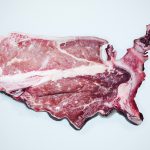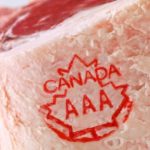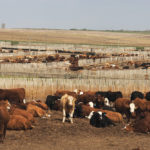Proposed U.S. country of origin labelling rules run contrary to mutual Canada and U.S. goals to reduce inflation, improve food security and build resilient supply chains, according to a submission from the Canadian government to the U.S. Department of Agriculture. “One of the great strengths of the U.S.-Canada bilateral relationship is the successful integration of











